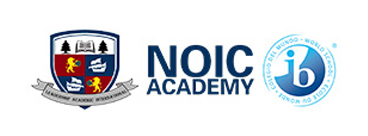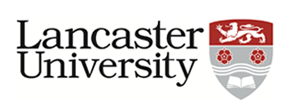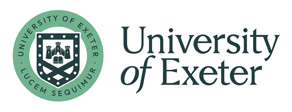Questions to Ask About Business Analytics Programs
Questions to Ask About Business Analytics Programs
Analytics-1 is a booming business, thanks to the rise in big data, and MBA programs are embracing the trend.
Technology enables companies to collect a lot more data than they once could, says Bilal Ojjeh, CEO and founder of the website MBA-Exchange.com, which helps recruiters find MBA students and alumni.
"With data comes the need to interpret the data," Ojjeh says. That's where MBAs come in. He's seen a steady growth in analytics jobs over the past five years.
Ninety-eight percent of employers believe business school graduates need to know how to use data to drive decisions, according to the 2013 "Year-End Poll of Employers" by the Graduate Management Admission Council.
[Weigh trying a MOOC before an MBA.]
A Master of Science in business analytics teaches students to do just that. It can prepare students for roles such as a business intelligence analyst, quantitative analyst or a pricing and revenue optimization analyst, says Srinivas Prasad, an associate professor of decision sciences and director of the M.S. in business analytics program at George Washington University.
George Washington has offered its MBA students a certificate in analytics for a few years, but it launched the degree program in 2013. It is one of many schools to recently add a degree or concentration in this field.
The Stern School of Business at New York University, the LeBow College of Business at Drexel University and the Simon Graduate School of Business at University of Rochester also launched M.S. degrees in business analytics in 2013. This month, University of Nebraska—Lincoln started a specialization for MBA students who want to focus on analytics.
Curricula vary by school and degree program, so students interested in this field should ask these three questions as they do their research.
Who are the teachers?
Jack Hanlon, who is pursuing an M.S. in business analytics at NYU, says that knowing about the teachers and their qualifications is an important aspect to weigh as a prospective student.
"Many of these professors are actually consultants outside of being professors. And that I take very seriously," he says when referencing his teachers. "This field is just changing too fast to be teaching it out of a textbook."
Knowing about potential professors is especially important if students get their degree online, says Donde Plowman, dean of the college of business administration at University of Nebraska—Lincoln. At her school, students can enroll in an on-campus or online MBA program. The specialization in business analytics is offered through online classes in topics such as econometrics and strategic database marketing.
There isn't a special group of professors that teach online students, says Plowman. The classes are taught by faculty who also teach in brick-and-mortar programs at the school, she says.
"We're not shipping them out to adjunct faculty," she says. She encourages students to ask "Who's actually teaching the online courses?" to find out if the faculty is strong.
[Decide between an MBA and an M.S. at business school.]
What kind of courses are offered?
Business analytics students at George Washington can enroll in either the 10-month program or spread out their course work over two years.
Students take classes that fall into one of three areas. Descriptive courses may cover topics such as data reporting and summarizing, while a predictive class may teach students how to build predictive models. A prescriptive course might focus on optimization.
Not all schools offer this range of classes, though.
"Some programs might favor one area over the others," says Prasad, from George Washington. He suggests prospective students look into what kind of analytics courses are available.
Students who are familiar with analytics should gauge whether the master's program will expand their understanding.
"Does the program have some elective options to further their knowledge in that area?" Prasad says.
[Overcome four hurdles employees face when going to business school.]
Does an MBA or an M.S. fit my needs?
At least five schools offer analytics as a concentration for MBAs, and about twice that many offer it as a Master of Science degree, according to data from the Graduate Management Admission Council, which tracks programs that require the GMAT.
Students who are conflicted about which degree to pursue should keep their career goals in mind. Pursuing an MBA with a concentration in business analytics could be a better fit for someone going into a managerial position, says Prasad.
"Someone who is a little further along in their career, who already has quite a bit of experience and wants to kind of see how their organizations can make better use of analytics," he says. "They themselves are not the ones developing the models or doing the analytics."
At George Washington, Prasad said, many M.S. students have a more concerted interest in the topic.
"As the next step in their career they want to focus on analytics," he says.













